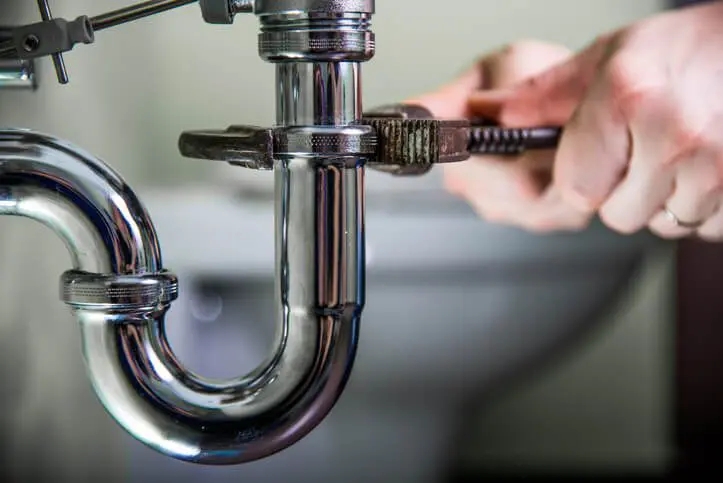Home plumbing systems are essential to our daily lives. They provide clean, safe water and offer convenience. But, like anything else, they can break down and need care.
Taking a few preventative steps can help to keep your plumbing system running well. These tips include checking for clogs, examining fixtures and locating the main plumbing shut-off valve.
Check for Leaks
Water leaks are one of the most common, costly and damaging plumbing problems in a building. They waste gallons of water, drive up utilities, cause rot and decay and contribute to environmental damage. Detecting the location of these leaks and making timely repairs can reduce or even eliminate the problem.
Checking for a water leak requires careful attention to clues and observations. For example, a consistently rising water bill without a corresponding change in use is a clear sign of a leak. In addition, checking the water meter can be helpful. Shut off all water use and make a note of the numbers on the meter. Wait an hour and check the meter again. If the numbers have moved, there is a leak in the building piping somewhere.
Some leaks are visible as wet areas on floors or ceilings while others may be hidden behind walls or in crawl spaces. Inspecting for damp spots and odors is another way to locate a leak.
Replace Old Fixtures
The plumbing systems in our homes are essential for daily life. We depend on them for everything from taking a shower to washing dishes to watering our gardens and flushing toilets. But like any other part of our houses, our household plumbing will eventually need to be replaced or upgraded. Unless properly maintained, old and worn-out fixtures can lead to costly and sometimes catastrophic damage.
Leaking faucets and running toilets can waste thousands of gallons of water a year and drive up your utility bills. Other signs of problems include rattling and gurgling sounds, discolored or smelly water, changes in pressure and flow, and stains on faucets and sinks.
Fortunately, there are some things you can do to make sure that your house’s plumbing lasts as long as possible. Take note of all the plumbing shut-off valves in your home and know how to use them; this will help you quickly stop a problem from getting worse.
Clean the Drains
Every drain in your home, shower, sink or toilet connects to a sewer line. Foul odors
and slow-draining sinks or tubs are signs that your sewer lines may need to be cleaned.
Instead of harsh chemical cleaners, consider a natural solution: baking soda and vinegar. This combination creates a foamy reaction that helps remove gunk from pipes without damaging your plumbing system. Use this twice a year, or any time you notice odors coming from a drain.
To further prevent clogged drains, try to collect cooking grease in a can or old jar, throw away coffee grounds and dispose of hair properly. These are four of the most common drain cloggers, so preventing them will help keep your drains clean. It is also a good idea to have a plumber inspect your sewer lines regularly. They can check for signs of corrosion and root intrusion, which are more difficult to fix than a simple clogged drain. People may not realize that blocked drain(s) in Melbourne can be a root cause to many other problems in the plumbing world.
Schedule Regular Maintenance
Many plumbing problems are caused by neglect. This is especially true for commercial plumbing systems, which are under constant stress. When they aren’t inspected and maintained regularly, they can develop leaks, clogs and other issues that can seriously interfere with business operations. The best way to prevent these problems is with routine maintenance checks that include checking for corrosion, clogs and other issues that need to be addressed.
Even a small leak can cause expensive damage over time, while a running toilet or leaking faucet wastes thousands of gallons of water each year and drives up operating costs. Inspecting your plumbing system on a regular basis can help you avoid these costly problems and save money in the long run. If you have any questions about the proper way to inspect and maintain your plumbing system, contact a professional plumber. They can schedule a regular maintenance visit at a time that works best for your business.

Leave a comment